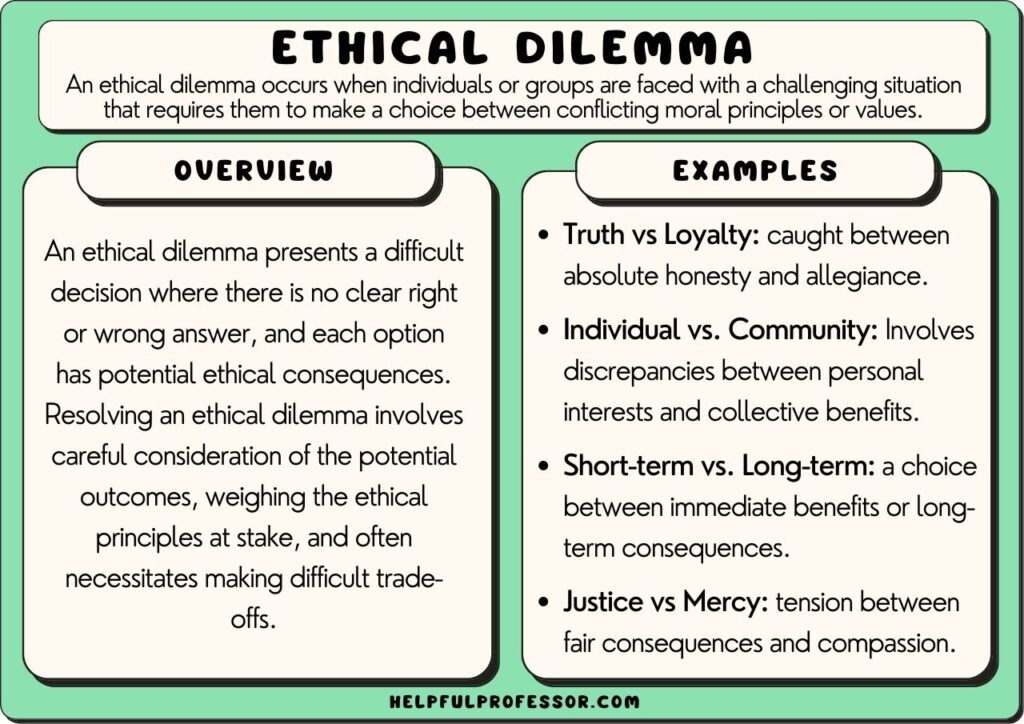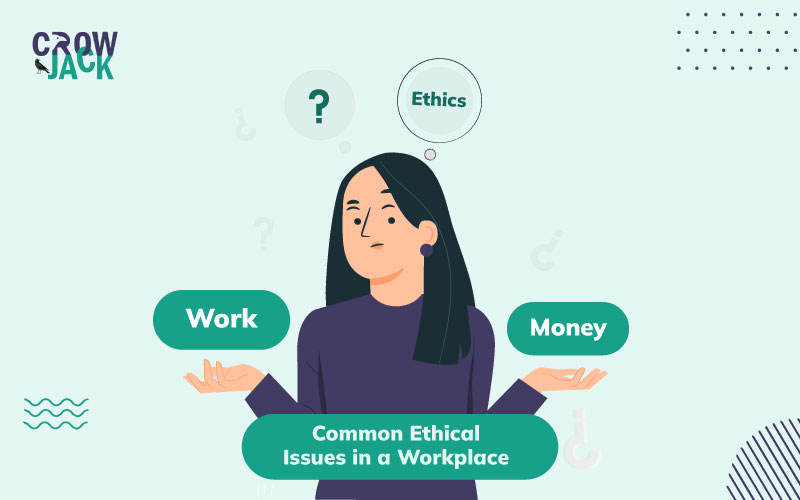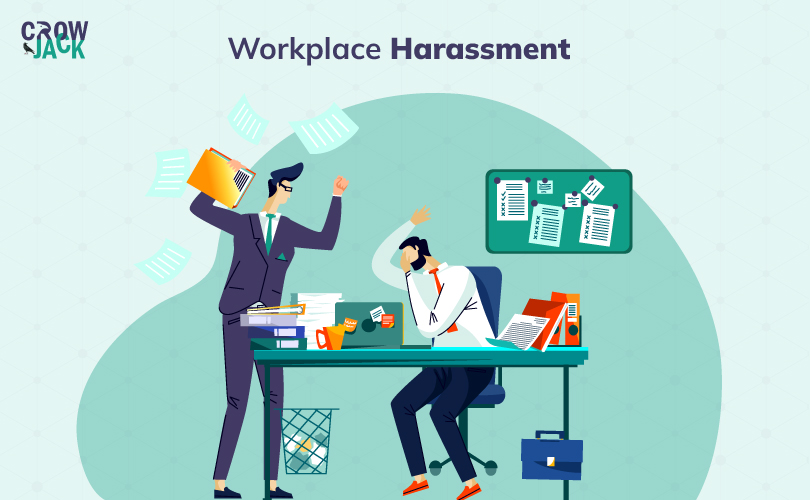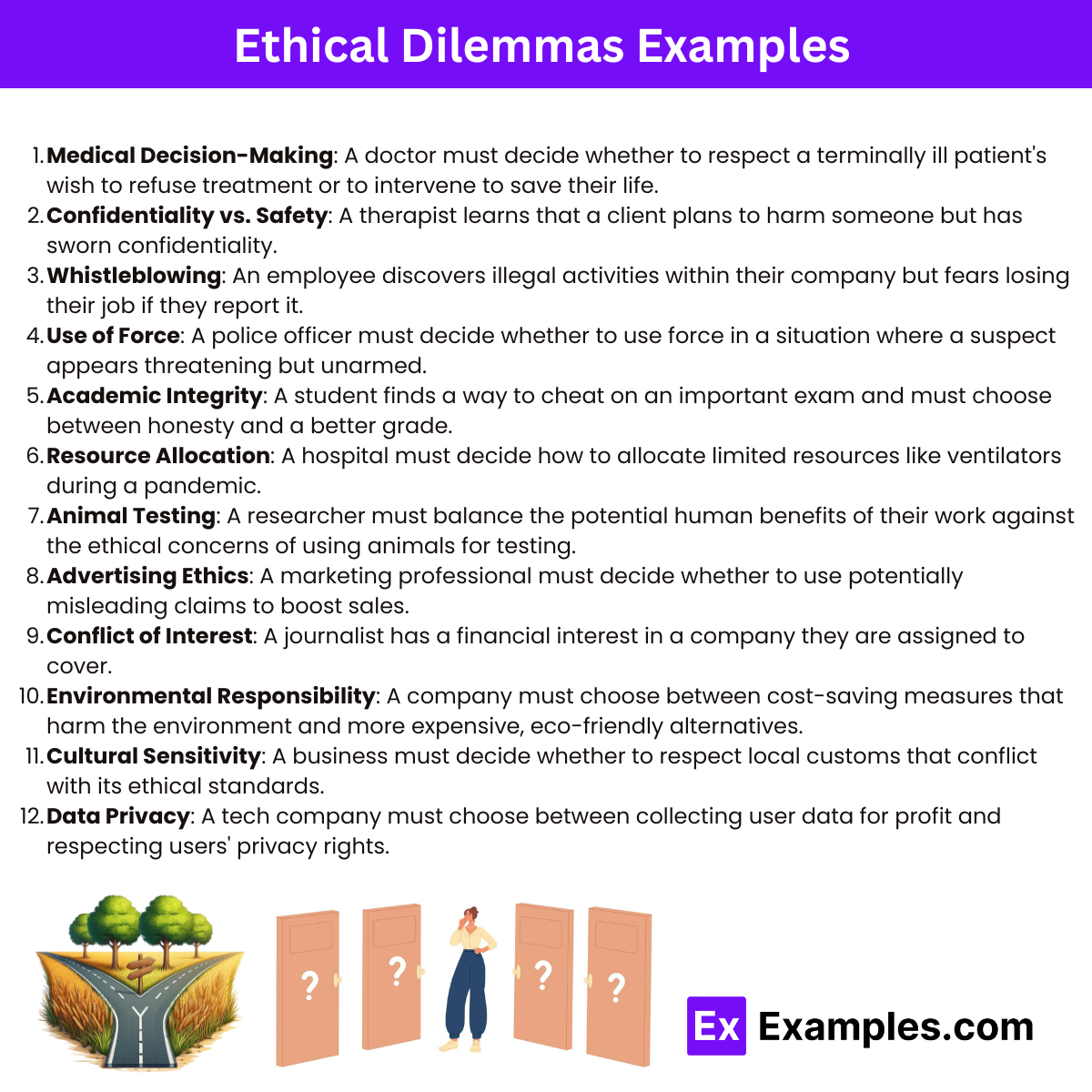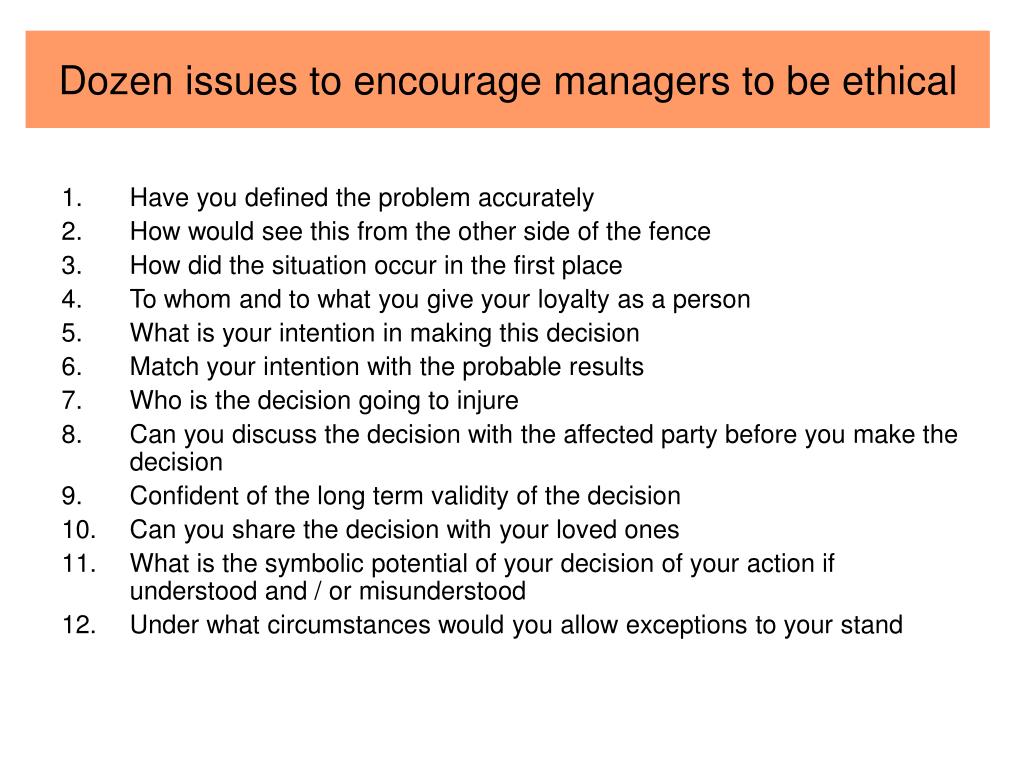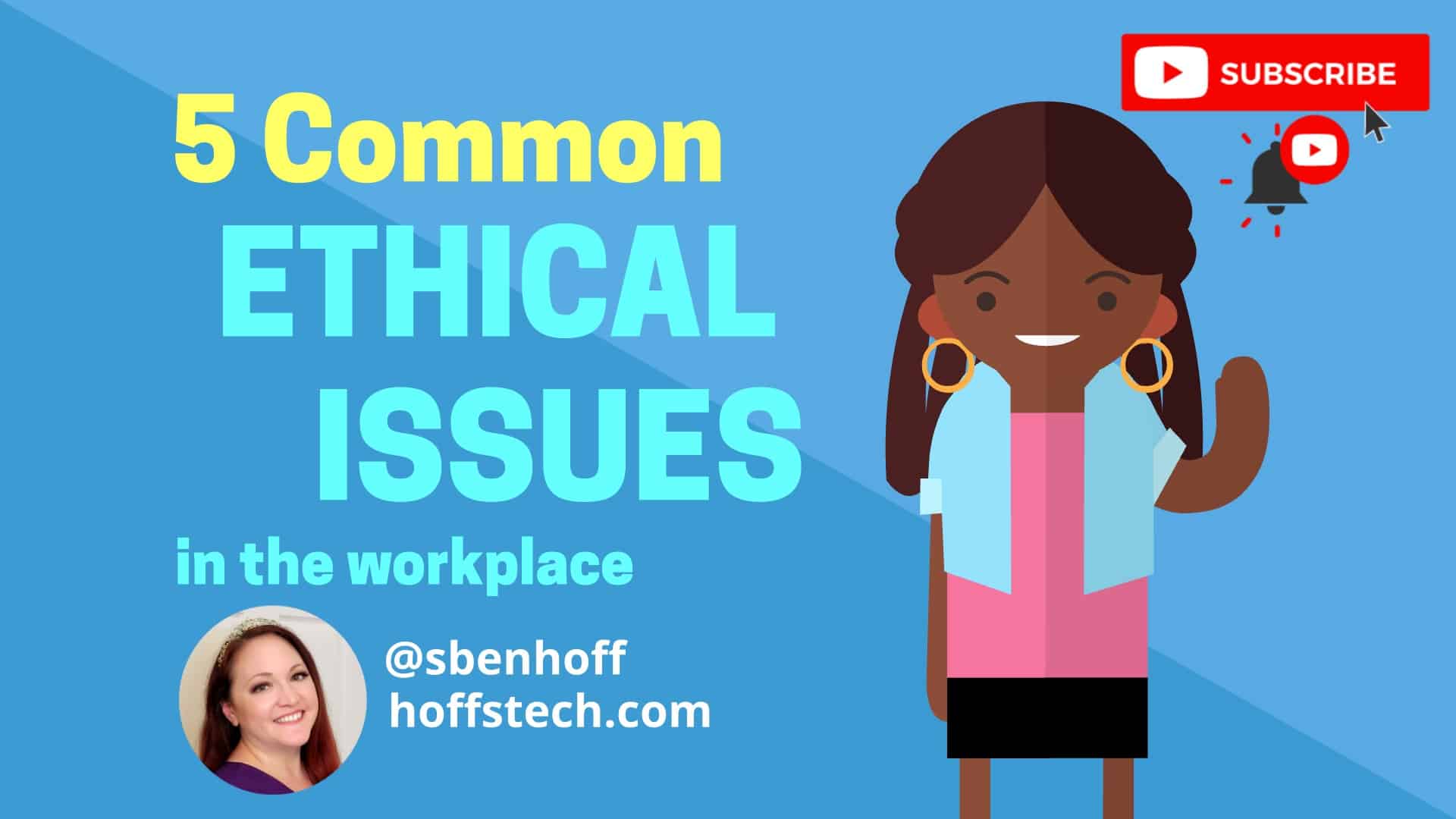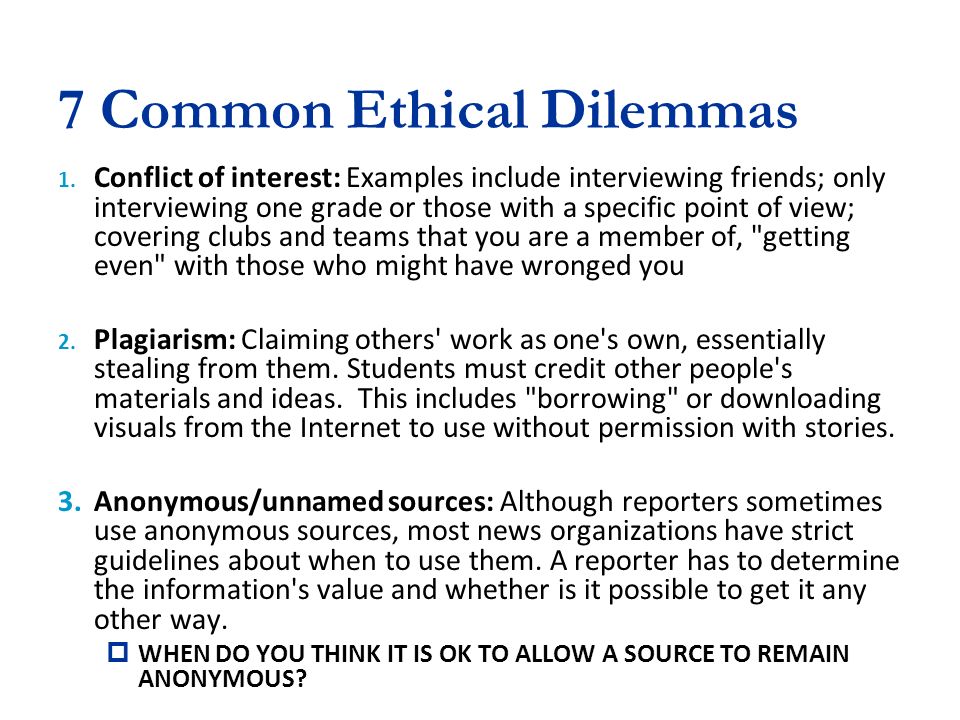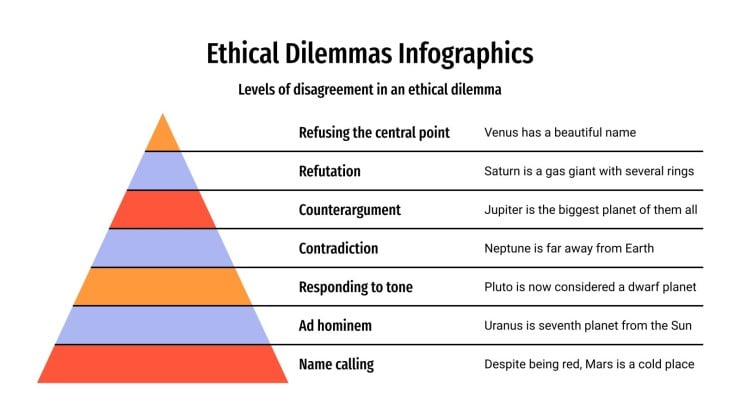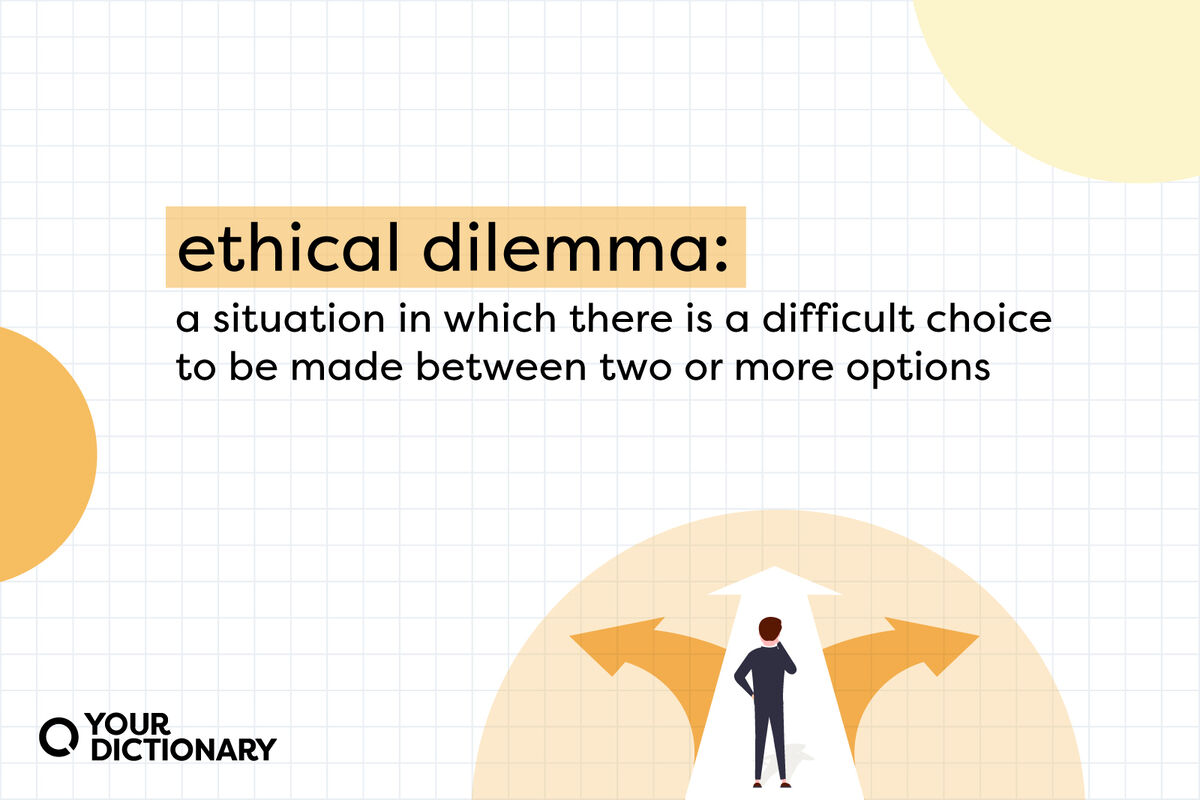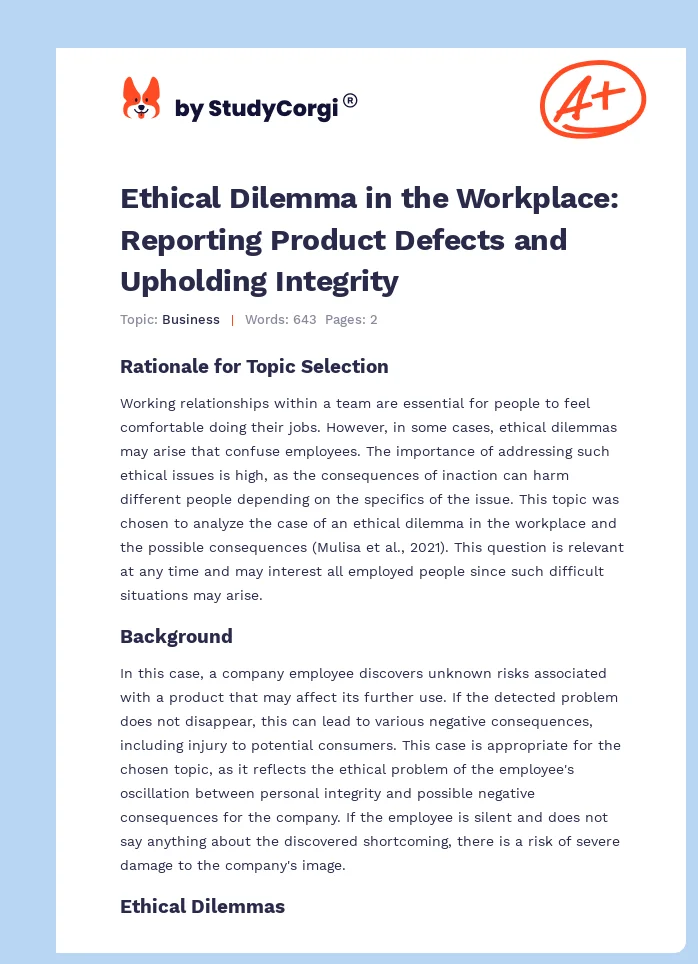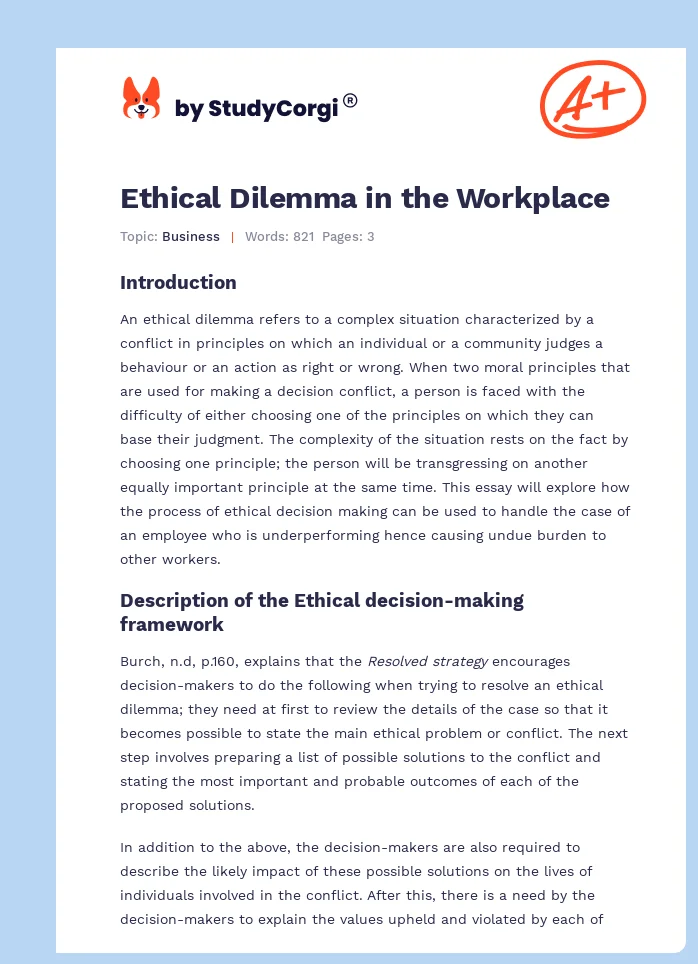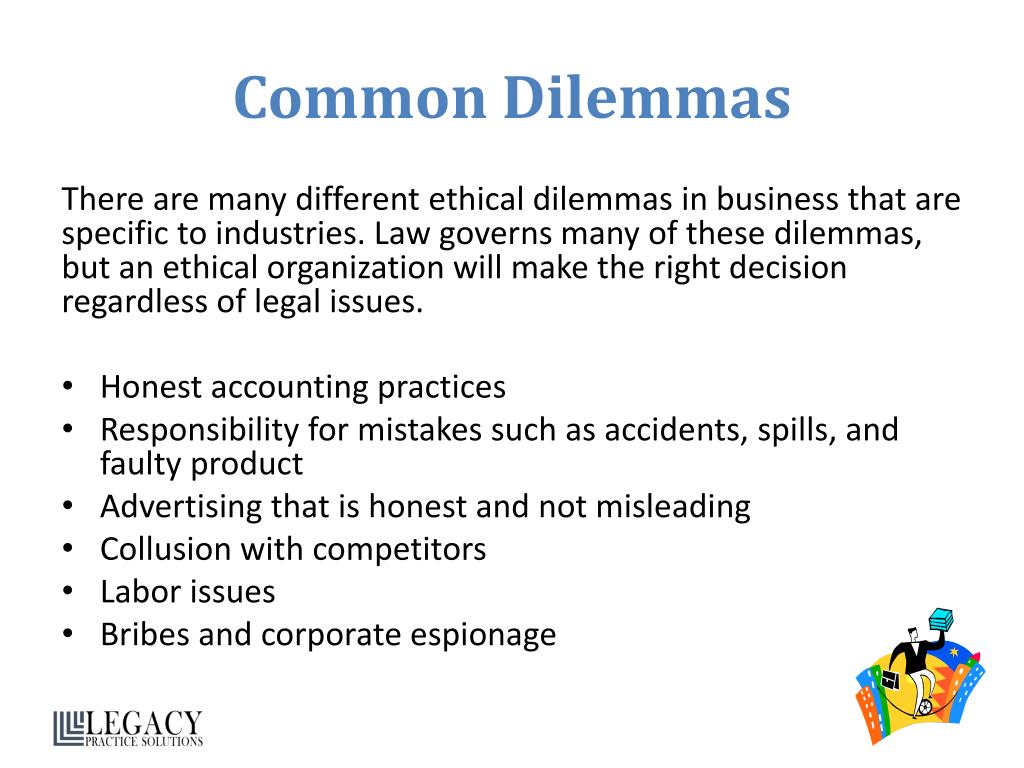Ethical Dilemma Examples In Workplace
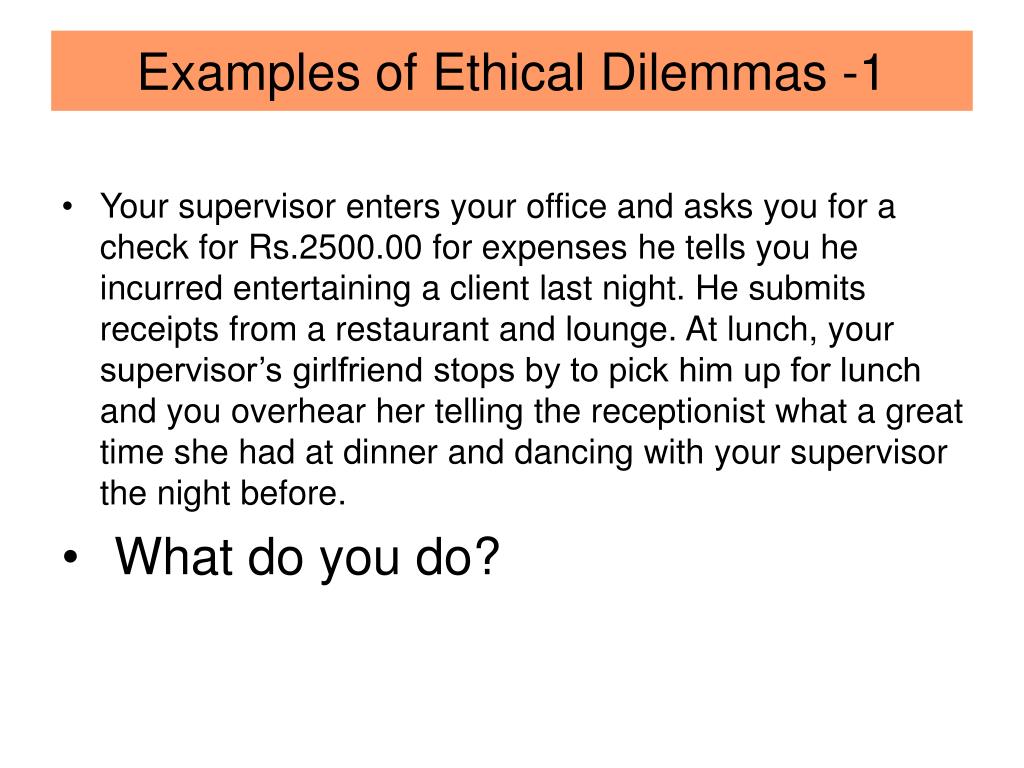
The modern workplace, a crucible of ambition and collaboration, is also a breeding ground for ethical dilemmas. From subtle conflicts of interest to overt acts of fraud, employees at all levels grapple with moral quandaries that can have far-reaching consequences for their careers, their organizations, and even society at large.
This article delves into the complex world of workplace ethics, examining real-world examples of ethical dilemmas, the factors that contribute to their occurrence, and the potential ramifications for individuals and businesses. Understanding these challenges is crucial for fostering a culture of integrity and ensuring that ethical decision-making becomes an integral part of organizational DNA.
Common Ethical Dilemmas
Ethical dilemmas are situations where individuals face a choice between two or more conflicting moral principles or values.
In the workplace, these dilemmas can arise in various forms, often lacking clear-cut solutions.
Conflicts of Interest
A conflict of interest occurs when an individual's personal interests or relationships could potentially influence their professional judgment or actions.
For example, a purchasing manager awarding a contract to a company owned by a family member would be a clear conflict of interest.
This can also arise when an employee has a second job with a competitor, creating a potential breach of confidentiality or a bias in decision-making.
Misuse of Company Assets
The misuse of company assets, ranging from petty theft of office supplies to large-scale embezzlement, is a pervasive ethical issue.
Using company vehicles for personal errands or accessing confidential information for personal gain are common examples.
These actions not only represent a breach of trust but can also have legal and financial repercussions for both the employee and the organization.
Discrimination and Harassment
Discrimination and harassment based on factors such as race, gender, religion, or sexual orientation remain persistent challenges in the workplace.
Unfair treatment, offensive jokes, or unwanted advances create a hostile work environment and violate legal protections.
Organizations have a legal and ethical obligation to prevent and address these behaviors, fostering a culture of respect and inclusion.
Confidentiality Breaches
Maintaining confidentiality is crucial in many industries, particularly those dealing with sensitive customer data, proprietary information, or trade secrets.
Sharing confidential information with unauthorized individuals, whether intentionally or inadvertently, can have serious consequences.
This could range from legal liabilities to reputational damage, undermining trust among stakeholders.
Transparency and Honesty
Ethical behavior requires transparency and honesty in all business dealings.
Misleading customers about product features, manipulating financial statements, or covering up mistakes erode trust and damage an organization's reputation.
These practices may lead to legal penalties and a loss of stakeholder confidence.
Contributing Factors
Several factors can contribute to the occurrence of ethical dilemmas in the workplace.
Pressure to meet performance targets, a lack of clear ethical guidelines, and a culture that prioritizes profits over principles are common culprits.
A weak ethical tone at the top, where leaders fail to model ethical behavior, can also create an environment where unethical conduct is tolerated or even encouraged.
Consequences of Unethical Behavior
The consequences of unethical behavior can be severe and far-reaching.
Individuals may face disciplinary action, termination, or even criminal charges.
Organizations may suffer financial losses, reputational damage, and a decline in employee morale.
Ultimately, a culture of unethical behavior can undermine trust and erode the foundation of a successful business.
Promoting Ethical Conduct
Organizations can take several steps to promote ethical conduct and prevent ethical dilemmas.
Developing a comprehensive code of ethics, providing ethics training to employees, and establishing channels for reporting misconduct are essential measures.
Creating a culture of open communication, where employees feel comfortable raising concerns without fear of retaliation, is also critical.
Looking Ahead
The complexities of the modern workplace demand a renewed focus on ethical decision-making.
Organizations must proactively address the factors that contribute to ethical dilemmas and create a culture that values integrity and accountability.
By prioritizing ethical behavior, businesses can build trust with stakeholders, enhance their reputation, and achieve long-term sustainable success.
As technology continues to evolve and new challenges emerge, ethical leadership and a commitment to moral principles will be more important than ever.


